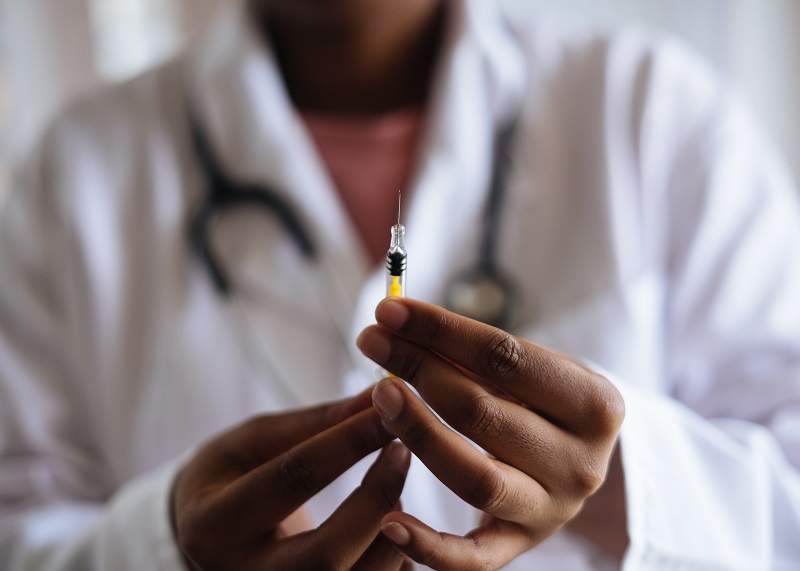New research links Covid vaccine hesitancy to traumatic events in childhood

Research carried out by Public Health Wales and Bangor University has found reluctance or refusal to get vaccinated against Coronavirus may be linked to traumatic events in childhood.
The study involved a survey of 2,285 Welsh residents aged 18 and over and found that that vaccine hesitancy was three times higher among people who had experienced four or more types of childhood trauma than it was among those who hadn’t experienced any.
Participants were asked about nine types of adverse childhood experiences before the age of 18: physical, verbal, and sexual abuse; parental separation; exposure to domestic violence; and living with a household member with mental illness, alcohol and/or drug misuse, or who was in prison.
Increasing counts of adverse childhood experiences (ACEs) related to low trust in NHS Covid information, feeling unfairly restricted by government and ending mandatory face coverings.
Vaccine hesitancy was three times higher in respondents reporting four or more childhood traumas compared to none and was higher in younger age groups. They were also twice as likely to break Covid restrictions and oppose social distancing measures.
Overall, the study’s modelled estimates of vaccine hesitancy ranged from 3.42% with no ACEs, aged under 70 to 38.06% with 4+ ACEs, aged 18–29 years.
Previous research has shown a link between childhood adversity with poorer mental well-being, with some studies suggesting it may lead to reduced trust in health and other public services.
Health risks
The research also emphasised that people who have experienced childhood trauma are “known to have greater health risks across the life-course, and concludes, “such individuals may have more difficulty with compliance with public health control measures and consequently require additional support.”
Mark Bellis, author and Director of the World Health Organisation Collaborating Centre at Public Health Wales said: “A better understanding of how to increase their trust in health systems and compliance with health guidance is urgently required.
“Without consideration of how best to engage such individuals, some risk being effectively excluded from population health interventions, remaining at higher risks of infection and posing a potential transmission risk to others.”
The full study ‘Associations between adverse childhood experiences, attitudes towards COVID-19 restrictions and vaccine hesitancy: a cross-sectional study.’ is available here…
Support our Nation today
For the price of a cup of coffee a month you can help us create an independent, not-for-profit, national news service for the people of Wales, by the people of Wales.







Another way of looking at this is what a sad and dangerous country (UK) this is to grow up in…
My youngest son who was born missing an arm, has had several operations after accident and Appendix issues , lost his father age seven. Never deprived, always had comfortable life, University Education etc, doing fine now, but very anti vaccines, Why should this affect his viewpoint as an adult?
Another way of looking at these results is to recognise that people who have suffered trauma have learned to question things. Rather than just follow the crowd they have learned to think for themselves and make their own decisions.